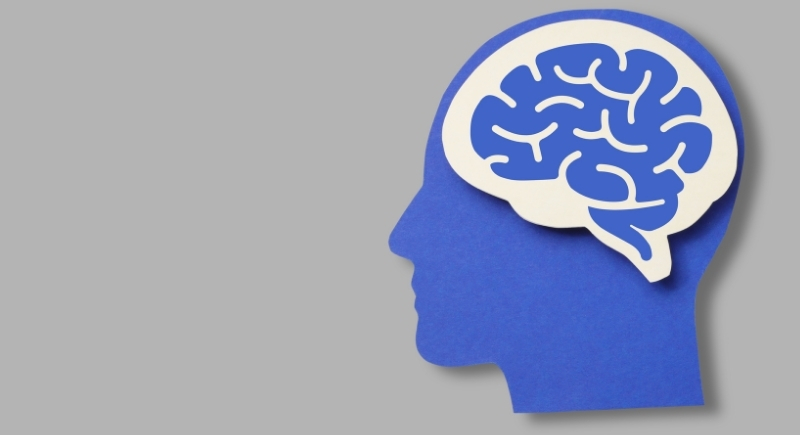The Surprising Scientific Explanation for Why Humans Yawn
A yawn can appear anywhere, during a meeting, a movie, or a first date. It’s an involuntary, six-second moment of stretched jaw, deep inhale, and silent surrender. We dismiss the yawn as a simple signal of boredom or fatigue, yet this reflex is far more ancient and essential than we realize. It is a subtle, built-in mechanism that reveals a profound connection between our brain and the rest of the animal kingdom.
A Primal Pause

Image via Getty Images/AntonioGuillem
Yawning is not limited to humans. It is a biological constant observed in everything from chimpanzees and penguins to crocodiles and fish. This suggests that its purpose is fundamental, dating back hundreds of millions of years.
The movement seems straightforward: the mouth opens wide, the diaphragm tightens, air rushes in, and a brief exhale follows. For decades, experts believed this was the body’s crude way of taking in extra oxygen or expelling carbon dioxide.
That idea fell apart in the 1980s when experiments showed that changing the air’s oxygen or carbon dioxide levels didn’t alter how often people yawned. The search for answers turned inward, toward the brain itself.
The Brain’s Temperature Gauge

Image via Canva/AtlasStudio
Modern research suggests that yawning acts as the body’s built-in cooling system for the brain. It works much like a radiator inside the skull. The deep breath of cooler air and the stretch of facial muscles trigger a rush of blood through the head and neck. This quick circulation, paired with the cooling effect of the inhaled air, helps release excess heat and keep the brain balanced.
In fact, studies of over 100 species suggest a correlation that animals with larger, more complex brains, which naturally generate more heat, tend to exhibit longer, more pronounced yawns. This internal thermostat also explains why yawning spikes when the ambient temperature is slightly warm, but drops off when the air is too hot or too cold to provide an effective cooling differential.
The Body’s Reset Button
Beyond temperature, a yawn is a powerful, self-administered jolt of alertness, a reflex that often occurs during transitional states such as waking up, preparing to sleep, or battling a sustained period of low stimulation.
The entire six-second event triggers a sudden spike in heart rate and blood flow to the brain. Neurologists and researchers at institutions like the Cleveland Clinic describe it as the body’s innate reset button, instantly releasing neurotransmitters and hormones that temporarily sharpen focus and attention.
For our ancestors, this quick burst of stimulation might have been the difference between staying aware of a threat and succumbing to fatigue. But perhaps the most fascinating element is the contagious yawn.
Empathy in Motion

Image via Canva/Africa images
Witnessing, hearing, or even reading the word “yawn” can trigger the reflex in an observer. This social mirroring isn’t random; it is strongly correlated with emotional connection, occurring far more often between close friends and family than between strangers.
The parts of the brain linked to contagious yawning closely mirror those tied to empathy and social imitation. People who find social cues more challenging, including some on the autism spectrum, tend to experience fewer contagious yawns. This pattern suggests that yawning may have evolved as a quiet way to foster connection and coordination within groups.
Lions offer a clear example. Before a pride moves together, one begins to yawn, then another, until the whole group joins in—a wordless cue that it’s time to act as one.
The Signal Beneath the Surface
The occasional yawn is probably nothing more than your brain efficiently regulating its temperature, tuning its focus, or synchronizing with a social group. Something like an ancient, involuntary conversation your body is having with itself.
However, a consistently excessive pattern of yawning three or more times every fifteen minutes for hours can be a signal. Doctors look at this as a potential symptom of underlying issues, from sleep disorders like apnea or narcolepsy to neurological or cardiac problems. In some cases, the vagus nerve, a major communication pathway between the brain and key organs, can be overstimulated, setting off a chain of excessive yawns.